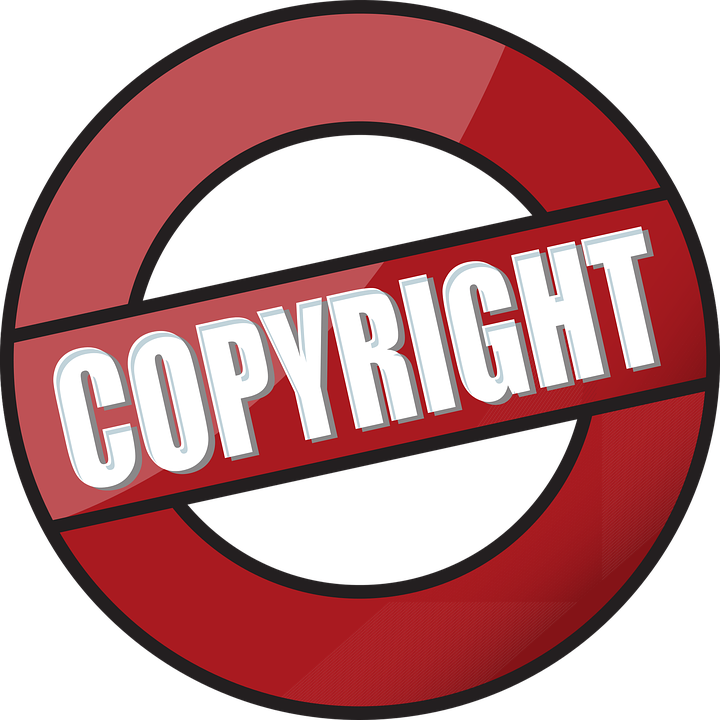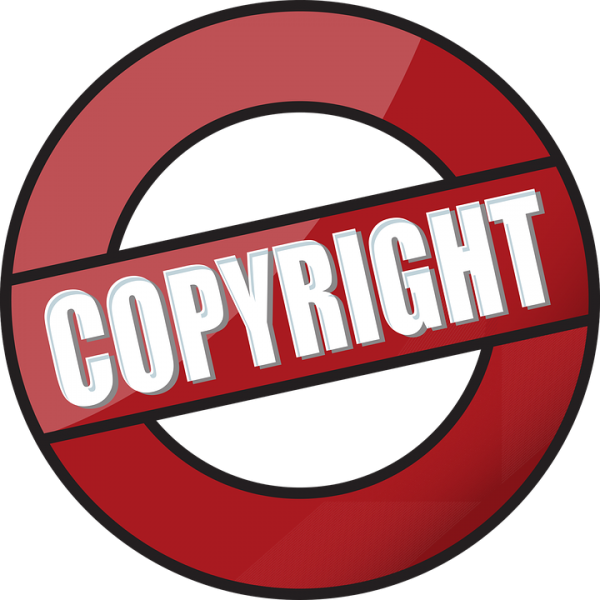Copyright is an aspect of Law of Intellectual Property. Like law on patents, trademarks, designs, plants and animals variety etc.. copyright seeks to reward, encourage and promote creativity, innovation and entrepreneurship by granting certain person the rights to prevent others from copying their creations or ride unjustly on their goodwill.
Copyright is perhaps the most pervasive of all intellectual Property Rights, permeating everyday life. From the newspapers, novels and books we read, the photos, pictures, music and data we share on our social media, from the musical ringtones on telephone, from the maps that direct us to our sporting activities to the film in the cinema, on television or on the internet, all are susceptible to copyright protection.
Copy right means:
“The right to produce or reproduce the work or any substantial part thereof in any materials from whatsoever, to perform, or in the case of a lecture to deliver, the work or any substantial part thereof in the public, or any substantial part thereof; and shall include the sole (a) to produce, reproduce, perform or publish any translation of work; (b) in the case of a dramatic work, to convert it into a novel or other non-dramatic work; (c) in the case of a novel or other non-dramatic work, or of an artistic work, to convert it into a dramatic work, by way of performance in public or otherwise; (d) in the case of a literary, dramatic or musical work, to make record, perforated roll, cinematographic film, or other contrivance by means of which the work may be mechanically performed or delivered, and to authorized any such acts as aforesaid.”
The primary objective of copyright law is to ensure that those who create knowledge are adequately rewarded especially economically. Adequate reward not only encourages a creator to be more productive but also motivates others to venture into creativity. In that way copyright law is able to achieve the advancement and culture and civilization.
There are six categories of works which are eligible for copyright. These are:
- literary,
- musical or artistic works,
- cinematography,
- films,
- sound recording,
- broadcasts.
Copyright laws often protect performers of certain literary and musical works and empower authors to restrain third parties from making false claim of authorship. Under copyright law, a work is considered original if the author created it from independent thinking void of duplication. This type of work is known as Original Work of Authorship (OWA). Anyone with an original work of authorship automatically has the copyright to that work, preventing anyone else from using or replicating it. The copyright can be registered voluntarily by the original owner if he or she would like to get an upper hand in the legal system if the need arises.
The copyright in a literary, musical or artistic work other than photograph subsists for the period of the life-time of the author and seventy years after the end of the year in which the author dies
In conclusion, not all types of work can be copyrighted. A copyright does not protect ideas, discoveries, concepts and theories. Brand names, logos, slogans, domain names and titles also cannot be protected under copyright law. For an original work to fall under creation, it has to be in tangible form. This means that any speech, discoveries, musical scores or ideas have to be written down in physical form in order to be protected by copyright.


